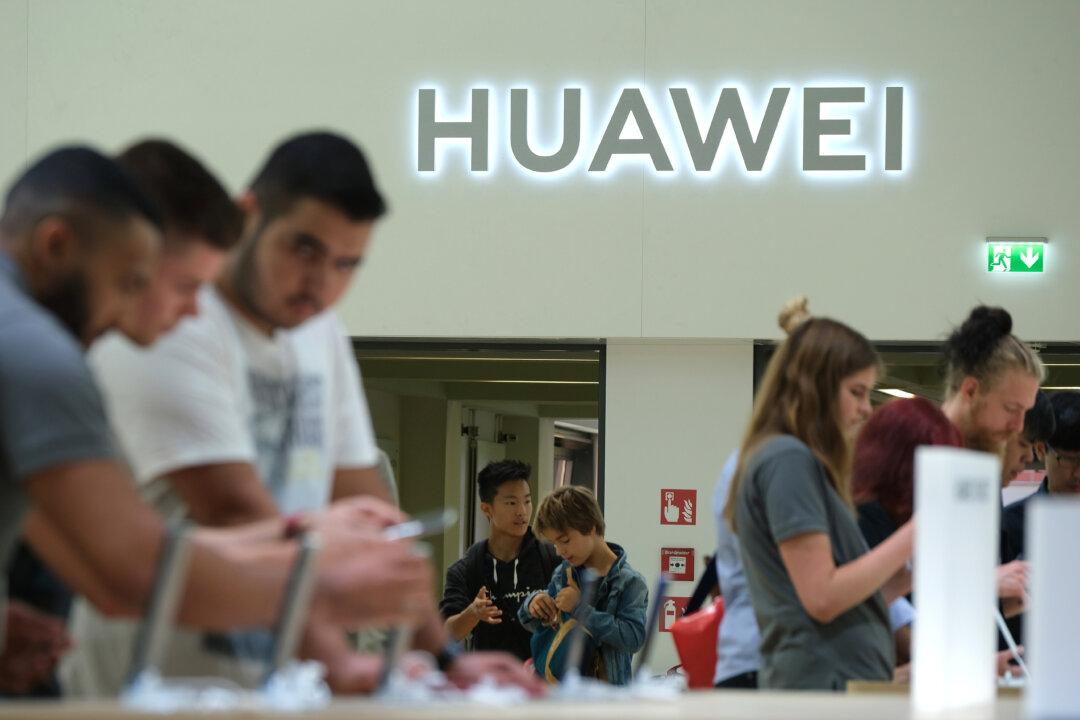Five U.S. senators wrote to Microsoft on Oct. 7 concerning the “real and urgent” threats posed by Chinese tech giant Huawei.
The letter was in response to Microsoft President Brad Smith, also the U.S. software developer’s chief legal officer, who said in a Bloomberg Businessweek interview that U.S. regulators should provide more evidence to back up its rationale for blacklisting Huawei.





